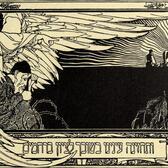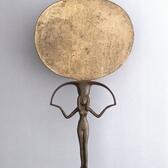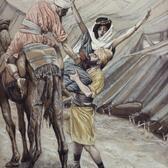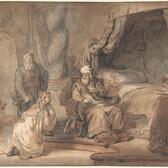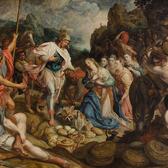Rachel Adelman
Rachel Adelman is Associate Professor of Hebrew Bible at Boston’s Hebrew College. She holds a Ph.D. in Hebrew Literature from the Hebrew University of Jerusalem and is the author of The Return of the Repressed: Pirqe de-Rabbi Eliezer and the Pseudepigrapha (Brill 2009) and The Female Ruse: Women's Deception and Divine Sanction in the Hebrew Bible (Sheffield Phoenix, 2015). Adelman is now working on a new book, Daughters in Danger from the Hebrew Bible to Modern Midrash (forthcoming, Sheffield Phoenix Press).


